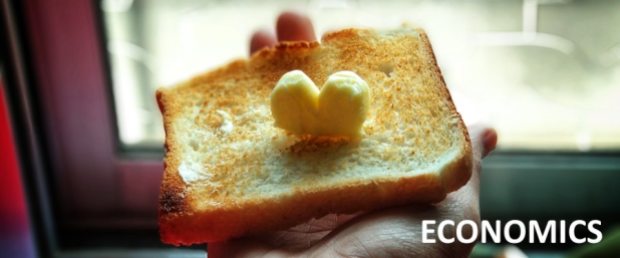
The energy transition and decentralisation of energy had quietly started shifting the capital markets since close to a decade ago. While the traditional energy players continue to compare the cost of green energy against the cost of their own fossil fuel based energy, they found no reason to diversify their business. Even in face of some subsidy, or some Feed-in-Tariffs, they were reluctant to invest.
There was no scale, and they thought they were going to face more competition and erosion of any green premiums they could secure. But then the capital holders started taking notice. The projects were simple enough to invest into. Solar farms had minimal requirements from an operational perspective, and represented to some degree a pure capital good where almost all the cost are paid upfront for a stream of revenue in long term.
From a risk perspective, it was safe. And so long-term funds which needed safe investments at moderate yields started piling in. The utility scale projects expanded, driving down the cost of equipment, and fostered more innovation there. Here is a case where, the technical simplicity of the operations enabled investors to bypass the typical operating businesses to get into the underlying projects themselves. All of a sudden, it is not about looking for the premium anymore. Because you’re alright with scale.
Sometimes, growing and developing a market is about finding customers who are willing to pay a higher price; but other times, it is about finding investors who are willing to accept a lower expected return for other attributes.







